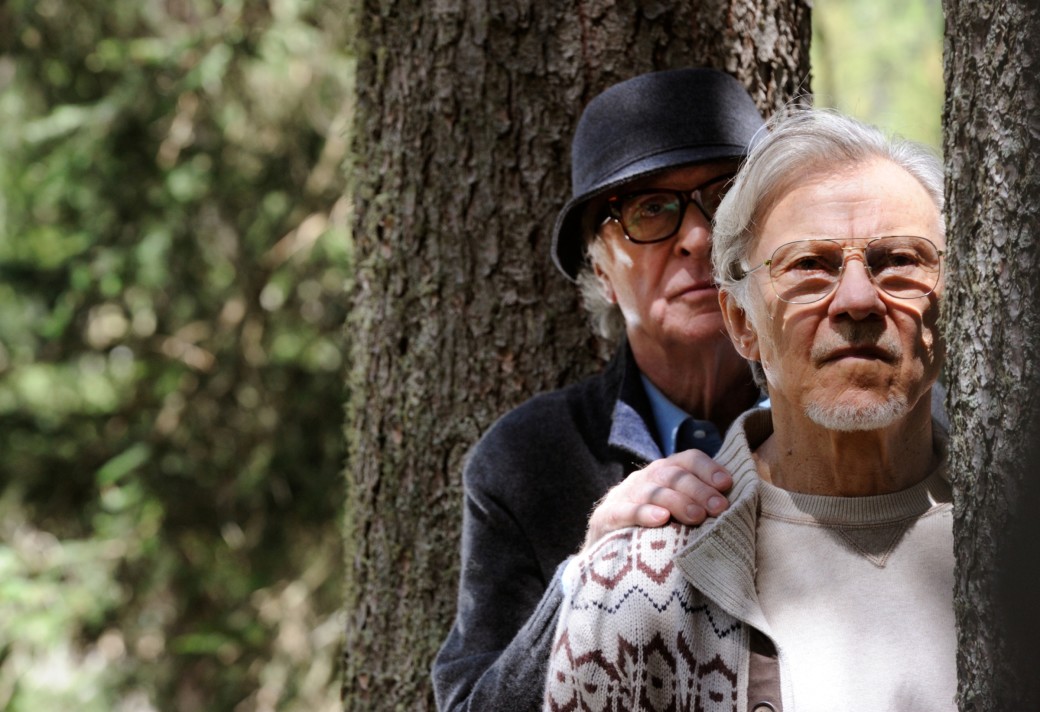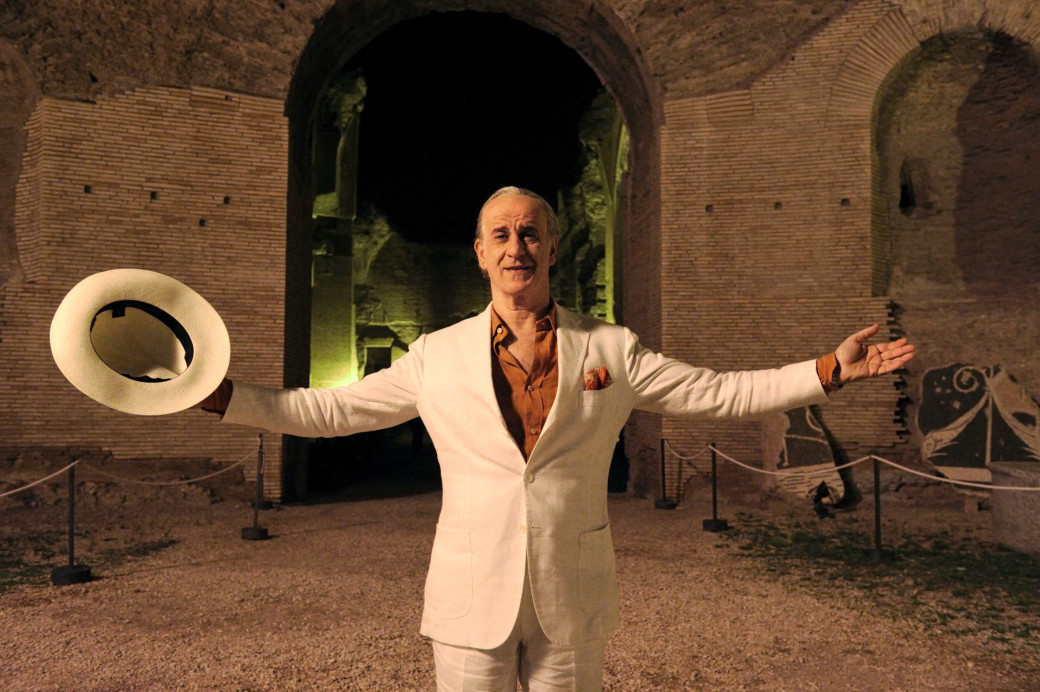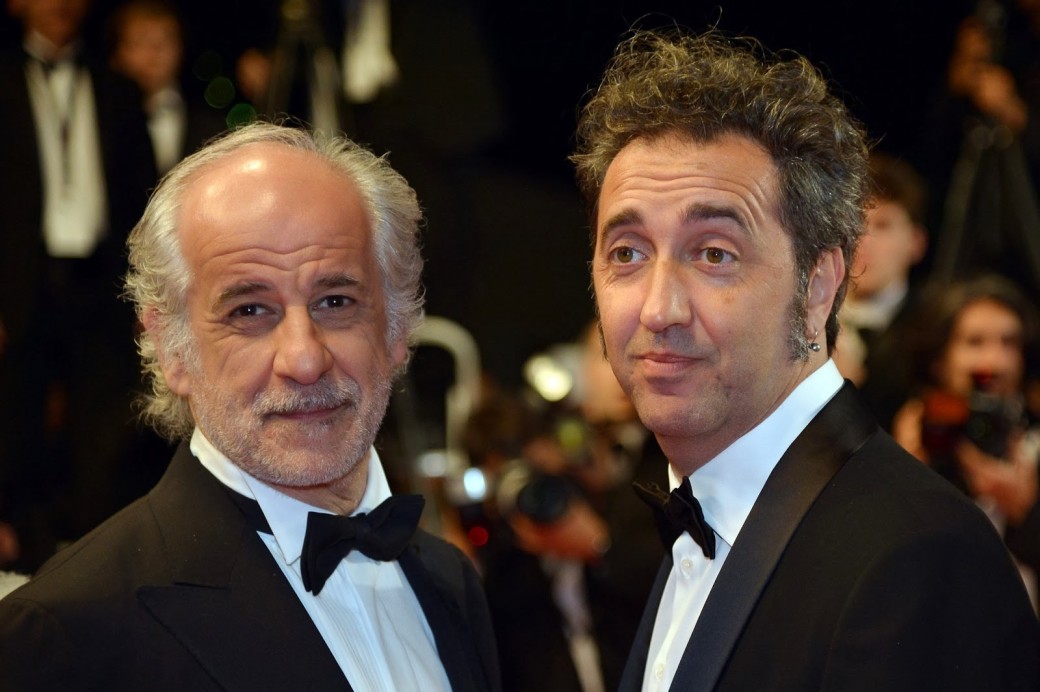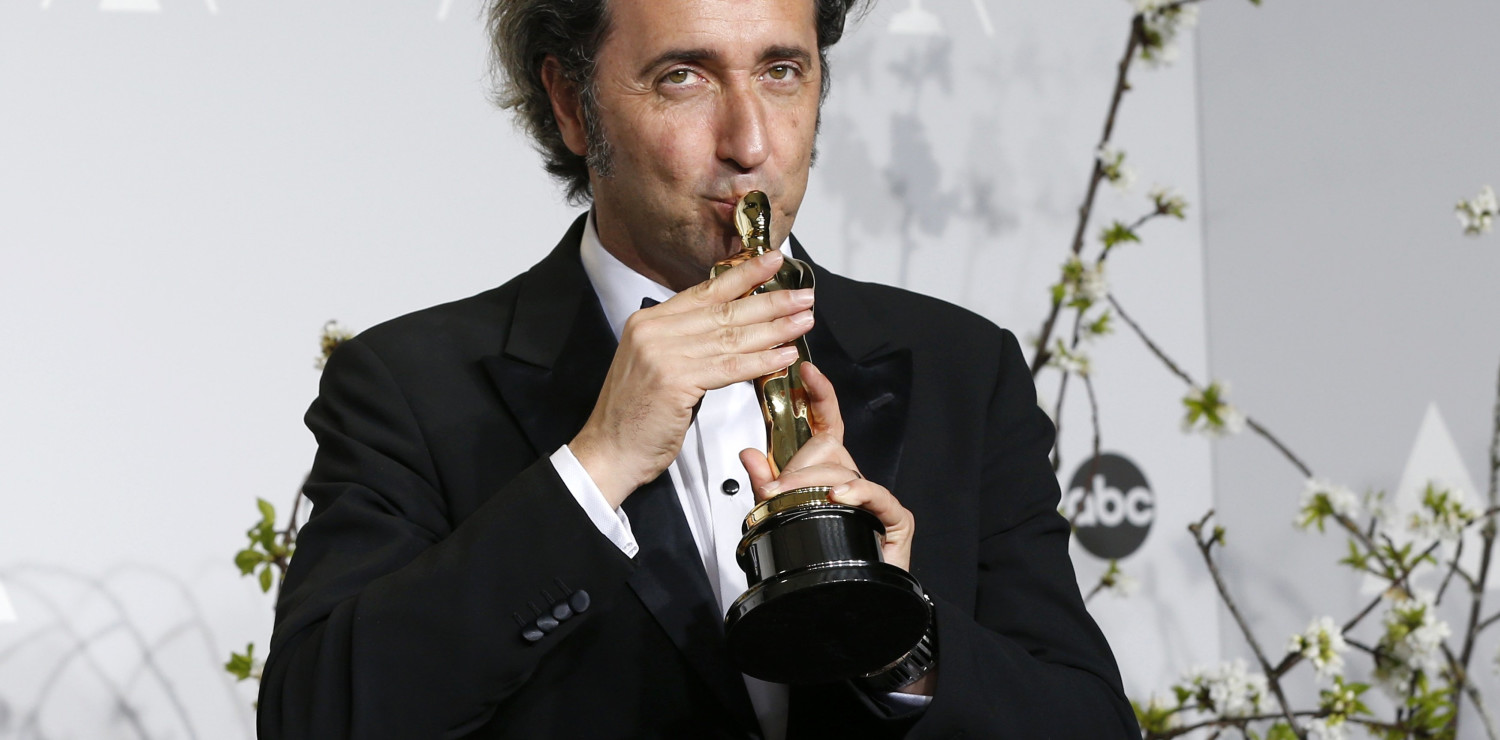Our interview with Paolo Sorrentino
The Oscar-winning director at the Cannes Film Festival with his new film Youth
He won the Oscar for The Great Beauty, bringing Italian cinema back to the world stage. For the same film, he won the Golden Globe, nine Davide di Donatello Awards, and five Nastro d’Argento Awards. And it all started in Naples, in a house in the district of Vomero, where Paolo Sorrentino was born, 45 years ago.
The actor, with whom he shared much of his career as a director, from his first film, is also Neapolitan: Toni Servillo. The first film Sorrentino wrote was called Napoletani, for which he won the Solinas prize, although it was never filmed. While, in 1998, The Dust of Naples was the first film that Sorrentino collaborated in. Naples is in his heart, even as a football fan: the Napoli of Maradona, who made the entire city go wild. And then, from Naples, the conquest of the film world.
Paolo Sorrentino told us about Rome, about the beauty and the horror of the Roman jet-set life style, a decadent, contemporary Dolce Vita, a society that spins idly upon itself. He did it with memorable images, photographed by Luca Bigazzi. Now, Paolo Sorrentino returns to Cannes, the festival that launched him into the world, which gave him the first major awards, that was the godfather of his films, from The Consequences of Love to Il Divo and up to The Great Beauty. His new film, Youth – La Giovinezza, will be shown at the most prestigious festival in the world and stars British actor Sir Michael Caine. The cast also includes Harvey Keitel, Rachel Weisz, Paul Dano and Jane Fonda.
 Youth ph. Gianni Fiorito
Youth ph. Gianni FioritoLet’s start with The Great Beauty. Many people throughout the world have compared your films to those of Fellini. What does Federico Fellini mean to you?
A genius. The greatest storyteller in history. And the true father of the commedia all’italiana. The Great Beauty is a tribute, although not entirely intentional, to Fellini. I did not want to imitate his style, because it is unique.
On the stage of the Oscars you thanked the Talking Heads and Martin Scorsese. What do they mean to you?
I was obsessed with them when I was a boy. I listened to them all the time. I made a film about a song by the Talking Heads! Martin Scorsese’s images of the loneliness and melancholy of the protagonist in The King of Comedy remain in my mind.
 La grande bellezza
La grande bellezzaAnd Maradona?
The greatest entertainer that there has been for many years now. Football is entertainment, and Maradona was its greatest actor.
When did you decide to make films?
When I saw Cinema Paradiso by Giuseppe Tornatore. It is curious that it was a film that won the Oscar that made me decide and, after that many years, I too have won the same award.
How difficult was it at the beginning?
Very. Convincing someone to give you the funds necessary to make a film, which is expensive and exhausting, is a delicate and difficult task. Luckily, I started in Naples at a time when there were many Neapolitan directors and there was a buzz in the city: the films by Mario Martone, Antonio Capuano and Stefano in a certain way made it possible for a young person like me to get started.
You have a wife and two grown children, Anna and Carlo. How has your family changed your life?
The family put me back in the unique position of being able to live well. A life of loneliness is nothing but survival. When they can, my children come to the set. However, luckily, neither my wife nor my children take me seriously.
Toni Servillo is the protagonist The Great Beauty, of The Consequences of Love and of the Il Divo. What does Toni Servillo mean to you?
With him I have a feeling that he will find the way, the key, to decipher the characters who are very different from him, and always have the courage to face them.
 Paolo Sorrentino e Toni Servillo
Paolo Sorrentino e Toni ServilloThe controversies over The Great Beauty have divided viewers into very passionate factions. How does it feel?
Excellent. If a film manages to be the centre of attention of the audience, it is a good thing.
To those who say that there is a lot of cynicism in the film, that the message is that there is no hope for change, how do you respond?
That in the end the cynicism is overthrown by a sentimental surge and a desire for change by the protagonist. The protagonist once more finds the desire to write and to get involved. And then disenchanted cynicism is just another form of disappointed sentimentality.
The image of a man lost in the big city does not only belong to Rome...
No, absolutely not. I think it is common to all the big cities. And that it can be overcome only by taking a poetic view on things.
As a Neapolitan, do you have any superstitious rituals? Are there gestures that you repeat, things that you do to bring you good luck?
I was superstitious. Then I heard that superstition is bad luck, so I stopped it...
What do you do when you are not filming?
I do very little. I stay at home a lot. I recharge my batteries, unconsciously, to be ready for the challenging task of making the next film.










